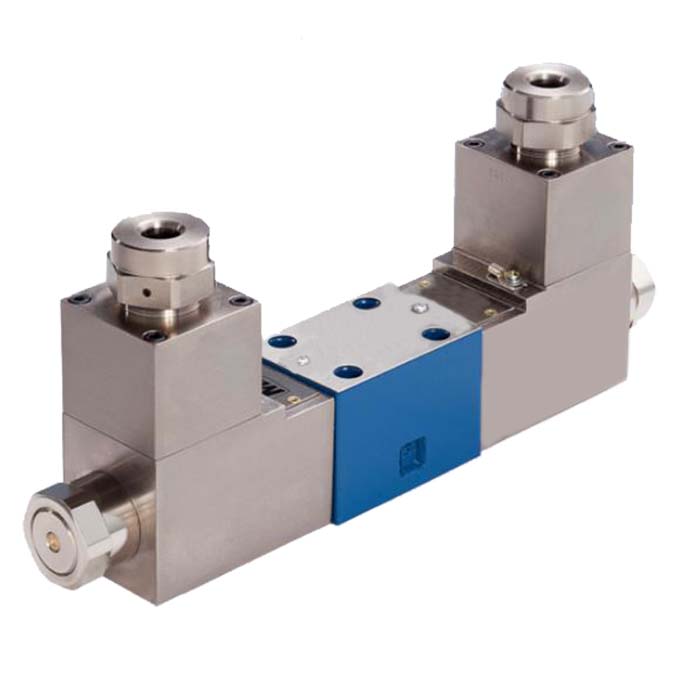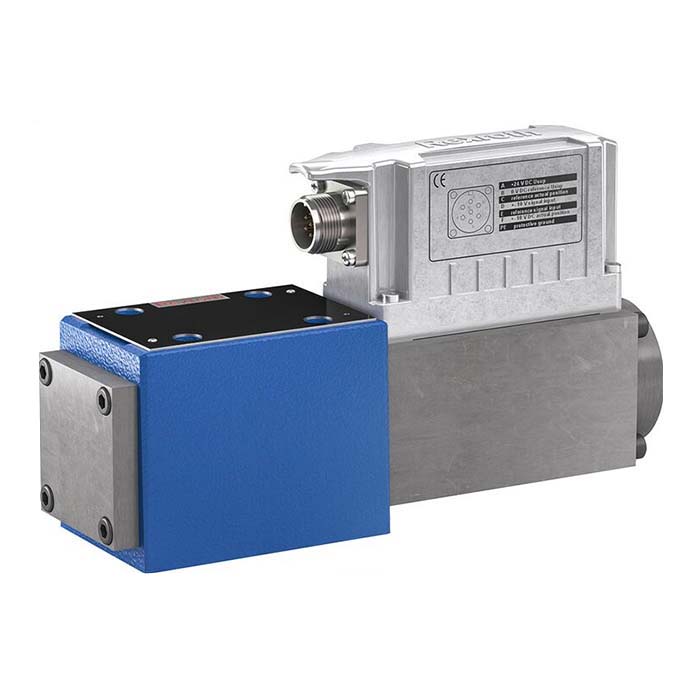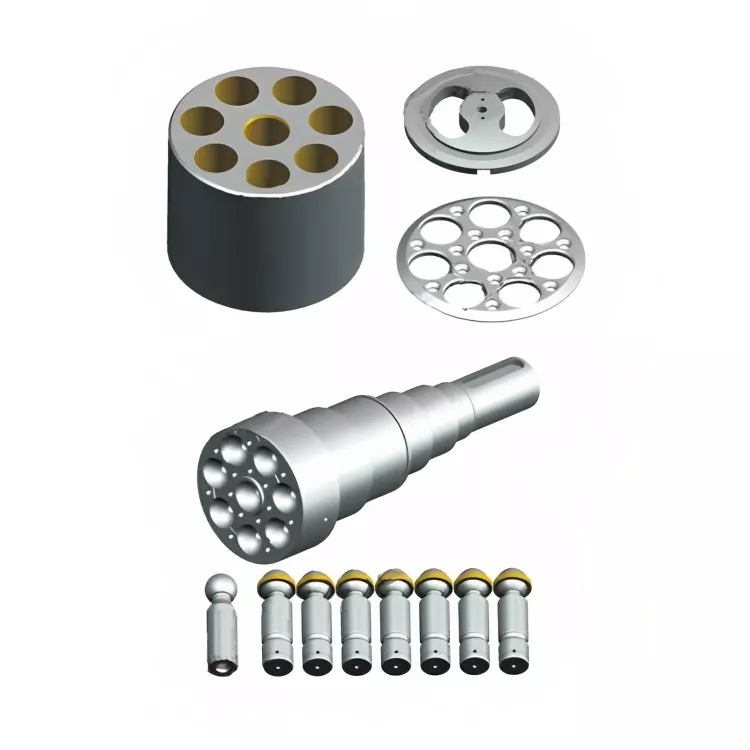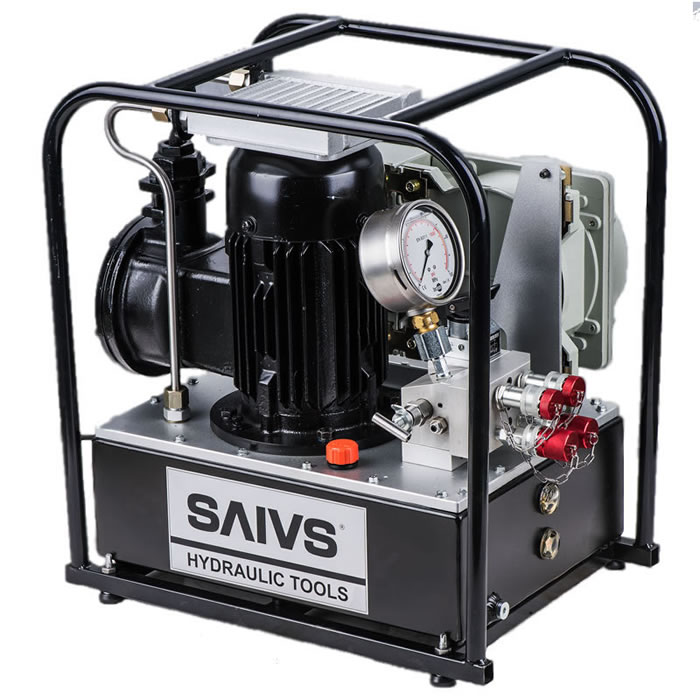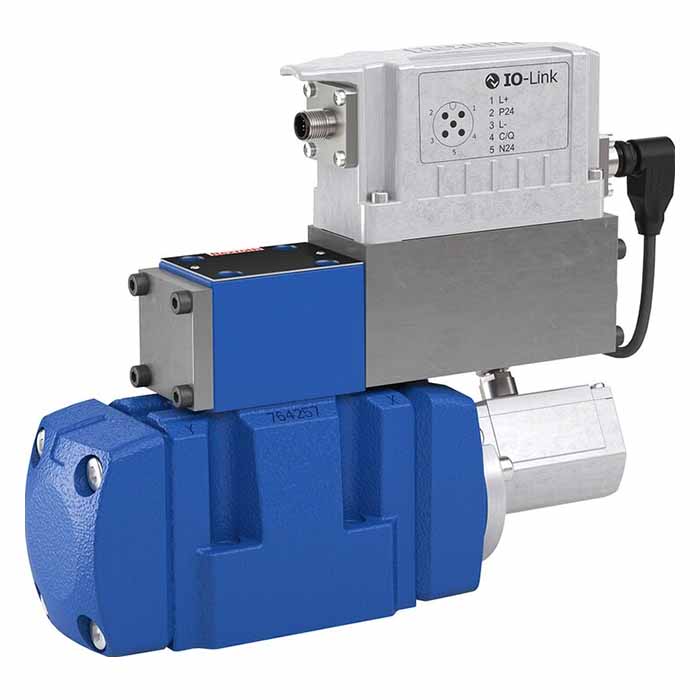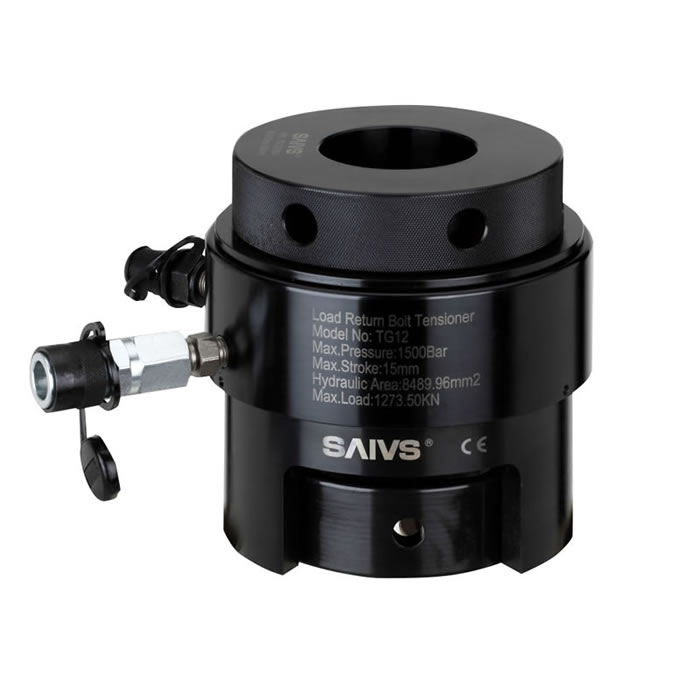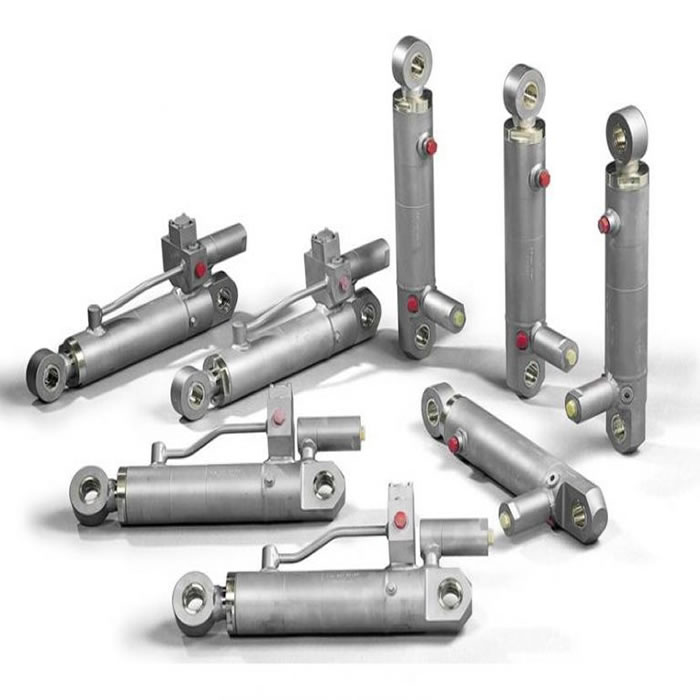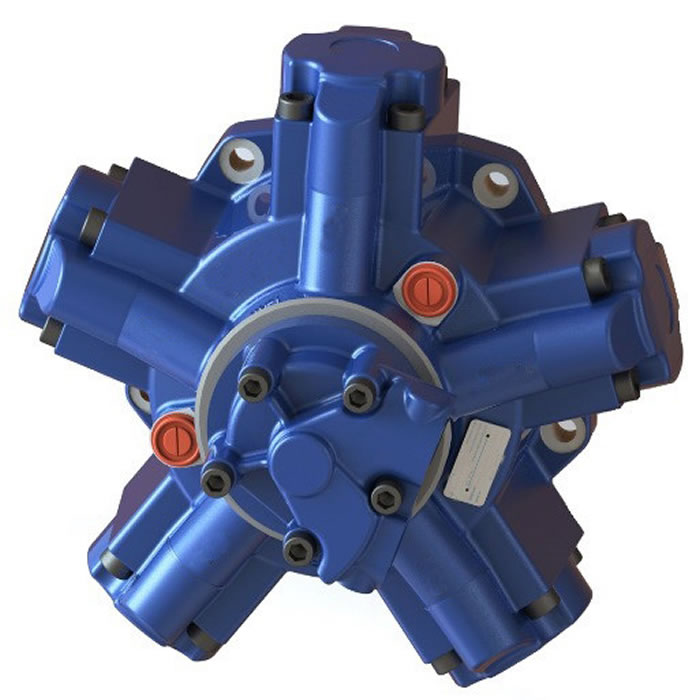Wide application and important role of hydraulic valves in industry
Hydraulic valves play a pivotal role in controlling the flow, pressure, and direction of liquids in Hydraulic Systems,
making them essential components in various industrial applications.
These valves are widely used across many sectors to enhance efficiency, improve safety, and ensure precise control of mechanical equipment.
Below, we explore the crucial role hydraulic valves play in diverse industries and why they are indispensable for modern machinery and production processes.
Wide applications of Hydraulic Valves in Industry
Hydraulic valves are integral to multiple industrial fields, contributing to the smooth operation of equipment and systems.
In metallurgical industries, for instance, hydraulic valves regulate the pressure and flow within hydraulic systems to
control process parameters in furnaces and steel production, ensuring stable and efficient operations.
In petrochemical industries, these valves are key in controlling the flow of liquids in distillation towers and reactors,
enabling safe mixing, separation, and material transfer. Additionally, in the power sector,
hydraulic valves manage liquid pressure and flow, allowing for optimal control of power generation and distribution systems.
In machinery manufacturing, hydraulic valves facilitate precise control over machine tool systems,
supporting automated operations that are crucial in precision manufacturing.
The Crucial Roles of Hydraulic Valves
Automatic Control of Mechanical Equipment
Hydraulic valves offer automatic control of machinery by regulating the flow direction, pressure, and volume of hydraulic fluid. This feature reduces the need for manual operation, improving efficiency and minimizing labor costs. With preset control signals, hydraulic valves ensure that equipment operates according to the desired parameters, boosting production and minimizing errors.Safety Protection for Mechanical Equipment
One of the key advantages of hydraulic valves is their ability to ensure the safety of equipment. These valves monitor the hydraulic system’s pressure and flow, automatically stopping the liquid flow when a preset threshold is reached, protecting machinery from overload or damage. In critical situations, hydraulic valves can also be used to isolate parts of the system, preventing further damage or accidents, ensuring continuous safety during operation.Precise Control of Processes
Hydraulic valves enable precise control of mechanical systems by adjusting the hydraulic flow and pressure based on feedback signals from sensors. For instance, in the automotive industry, hydraulic valves are used in braking systems to precisely control braking force, ensuring vehicle safety. This level of control is essential in industries requiring exact specifications and measurements.Energy Transfer and Conversion
Hydraulic valves facilitate the conversion and transfer of mechanical energy into hydraulic energy. In systems such as hydraulic jacks, these valves regulate the flow of liquid to lift and lower objects, demonstrating their role in mechanical energy conversion. Similarly, in hydraulic excavators, they control the liquid flow that operates the bucket, arm, and rotation functions, enabling powerful and efficient energy transfer.
The Future of Hydraulic Valves in Industry
The role of hydraulic valves continues to grow with the advancement of industrial technologies.
As manufacturing systems become increasingly automated and energy-efficient, hydraulic valves remain at the forefront of these innovations.
They help industries optimize productivity, reduce energy consumption, and enhance overall system performance.
With their capacity to integrate seamlessly into various systems, hydraulic valves will undoubtedly continue to play an essential role in the future of industrial applications.
In conclusion, hydraulic valves are indispensable for controlling, protecting, and optimizing mechanical equipment in industrial settings.
Whether in the production of steel, the manufacturing of machinery, or the operation of power systems, these valves provide unparalleled control and reliability.
Their importance will only increase as industries evolve toward more automated and efficient processes.

